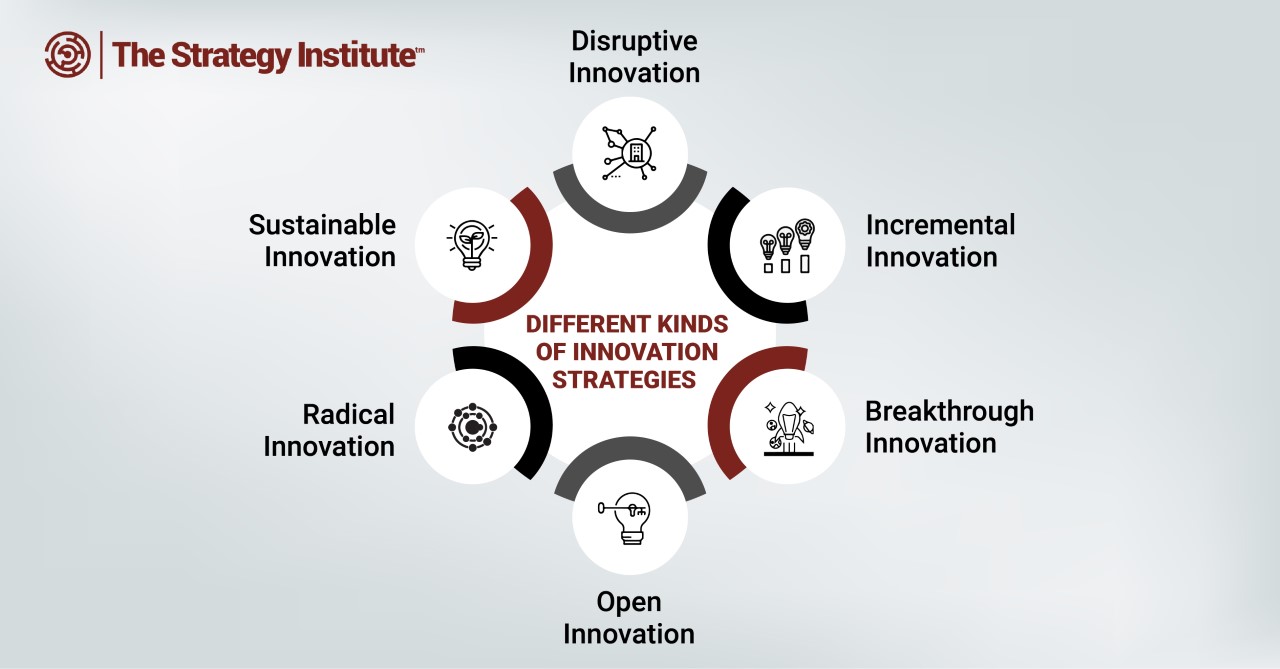
Why India Must Invest in Foundational AI Research Now
 The race for AI innovation is heating up globally.
The race for AI innovation is heating up globally.
India stands at a crossroads when it comes to its technological future, particularly in the realm of artificial intelligence (AI). With global giants pushing the boundaries of innovation, it brings a critical question to the forefront: will India be a leader in the AI revolution, or will it lag behind?
Recent developments from China demonstrate just how quickly technology can evolve. A leading Chinese AI firm recently revealed a language model that offers capabilities at a fraction of the cost compared to its global counterparts. Another company followed shortly after, announcing a revolutionary model able to process data equivalent to that of a 16,000-page document—an astounding feat that challenges our innovative spirit here in India.
The Current Landscape of AI in India
Currently, India’s AI landscape feels derivative. While we have a rapidly growing pool of AI engineers and a digital ecosystem ripe with potential, it is alarming to observe that our contributions to foundational AI model development are minimal. Instead of seeking to innovate and create new models akin to those of GPT-4 or Claude, many Indian firms seem content to refine and adapt existing models, particularly for regional languages. This approach, while necessary, does not foster the kind of groundbreaking advancements that can elevate us on the world stage.
A Missed Opportunity
India possesses the foundational talent and resources necessary to dive into AI research—qualities that seem wasted in a culture overly focused on replicating established frameworks instead of crafting original ones. The emergence of transformer models could have been a launching pad for local innovators, yet here we are, watching as other nations rush ahead while we linger in a comfort zone of application-based implementations.
“Instead of leveraging local talent to explore new architectures or more efficient methods, we chose to build on others’ foundations.”
Why is this complacency so prevalent? The initial costs of foundational research and development often deter decision-makers, leading to a cautious approach. Investing in speculative areas of AI—where outcomes are uncertain—may seem risky, yet the rewards can be transformative. Without an appetite for such exploration, our chances of creating truly disruptive technologies grow slimmer.
Global advancements highlight the urgency for India to innovate.
The Cost of Dependency
Relying on foreign technologies carries a steep price. It cultivates a dangerous dependency that can cripple our long-term growth in sectors like robotics, drug development, and autonomous systems—industries where the competitive landscape is still being defined. Each time we opt for an incremental approach instead of a radical one, we risk being outpaced by countries eager to take the lead.
As global AI capabilities become more sophisticated, it is crucial for India to carve out its niche. Dependency on foreign technology will only become more costly and complex to manage. We must strive not only to keep pace but to set standards and pave the way for homegrown solutions. The financial stakes are immense: India’s GenAI technology could emerge as a leading foreign-exchange earner, or conversely, become a hefty financial drain akin to oil imports.
A Call for Change
The time for India to pivot is now. Culture change within institutions and a willingness to invest in exploratory projects without immediate outcomes will be key. It’s imperative to recognize that some of the world’s greatest technological advancements have come from uncertain beginnings. As visionary leaders emerge, India must back them with financial resources to ensure our place in the complex web of tomorrow’s technological landscape.
More than ever, a strong commitment to foundational research in AI is not just a preference; it’s a necessity. Ignoring this will not only diminish our potential but could see us fall irretrievably behind. It’s clear that those who invest in the unknown today will undoubtedly shape the industries of tomorrow.
Especially in the fast-changing arena of AI, foundational research holds the promise of unprecedented growth and innovation. If we don’t seize this opportunity now, we risk being overwhelmed by a tidal wave of global advancements that we could have been a part of.
India’s future rests on the choices we make today—let’s make them bold and visionary.
 Emerging from uncertainty can lead to incredible breakthroughs.
Emerging from uncertainty can lead to incredible breakthroughs.















